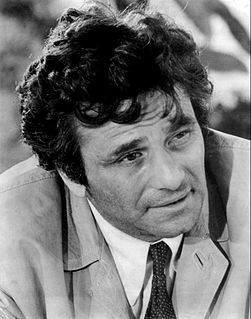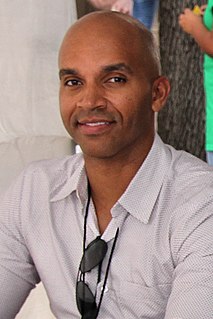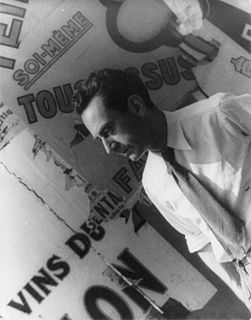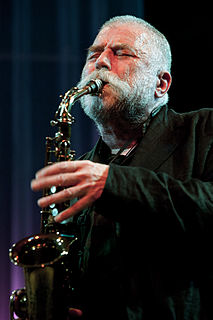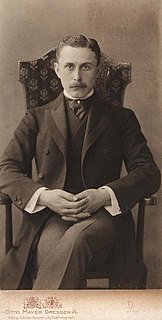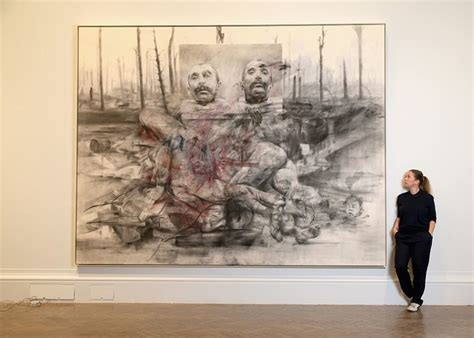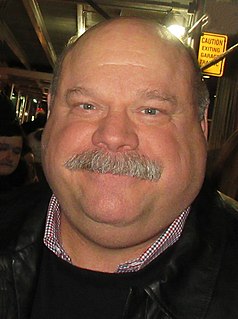A Quote by Peter Falk
I'm old fashioned. I really think you should know how to draw before you start painting. I use charcoal and graphite; I put a skylight in. In my house, I turned the garage into an art studio. So I'm awash in art studios.
Related Quotes
In the 1960s when the recording studio suddenly really took off as a tool, it was the kids from art school who knew how to use it, not the kids from music school. Music students were all stuck in the notion of music as performance, ephemeral. Whereas for art students, music as painting? They knew how to do that.
When you're a little kid, you just like music that makes you happy and is fun. As you get older, you reach college or your 20s and you decide that music should be challenging and all art should be smart. So you start to think it makes you like high art more to put down things you consider low art. I don't even think things are low art.
And if you look around, if you listen to some music nowdays, I'm not so optimistic...I have the feeling that some of the young people I've met they think already, before they start playing, they think already about the product: how can we sell it....maybe my view is really very old fashioned nowadays, but I think art at any times needs time for development and this fast food bullshit is not working... younger guys: take your time, music is really a thing of long terms, actually it's a lifelong thing to learn and to develop your own stuff.
I had just finished reading The Day of the Locust when this piece was brought to my attention, and I was like, "How do you create art in the system, the way it is?" Looking around the studio film landscape, there are all of these great superhero movies, which is fantastic, especially for my kids, but it's hard to find real art house films in the studio system, these days.
I'm not anti conceptual art. I don't think painting must be revived, exactly. Art reflects life, and our lives are full of algorithms, so a lot of people are going to want to make art that's like an algorithm. But my language is painting, and painting is the opposite of that. There's something primal about it. It's innate, the need to make marks. That's why, when you're a child, you scribble.
European films had art. And it was easy to make a European film. They didn't come from the studio system, they weren't shot in sound studios, and that's a good thing, because in the studio system those movies would never have had a chance. And since we were coming from Europe, it was natural for us to use that simple style. Small budgets, less equipment, that was just how it was.
I feel like what's most important for painting - which has been hierarchically on the top for a really long time in terms of what is considered fine art, by comparison with something like a comic book or what's considered low art - is that painting should open up laterally to include other cultures and things that don't immediately resonate as a painting but are obviously of equal contribution to the genre.
What makes art Christian art? Is it simply Christian artists painting biblical subjects like Jeremiah? Or, by attaching a halo, does that suddenly make something Christian art? Must the artist’s subject be religious to be Christian? I don’t think so. There is a certain sense in which art is its own justification. If art is good art, if it is true art, if it is beautiful art, then it is bearing witness to the Author of the good, the true, and the beautiful
